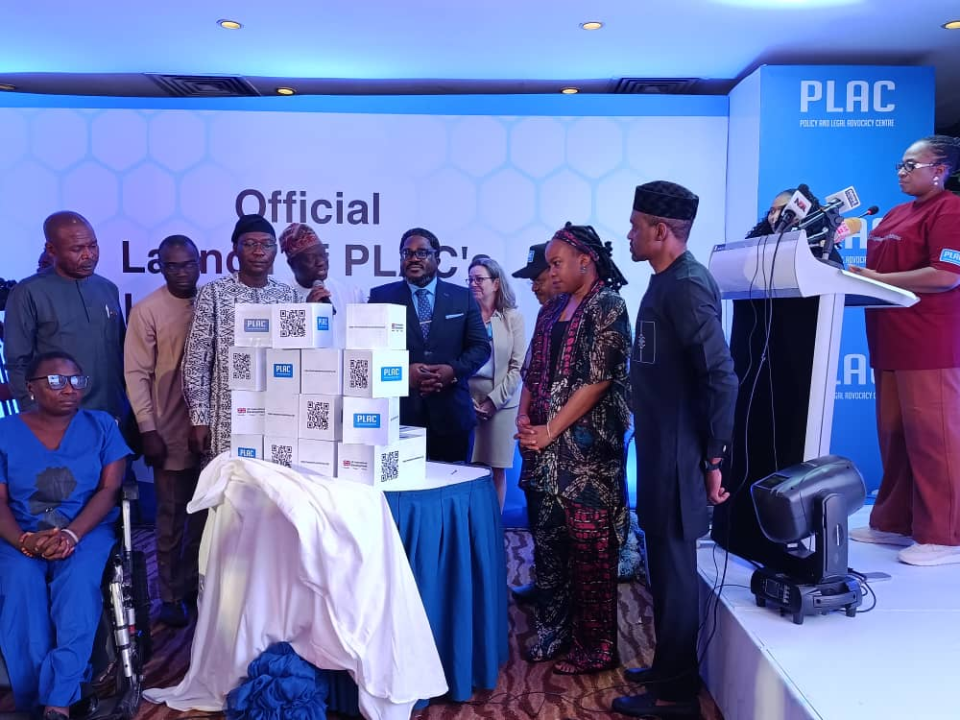Who We Are

Introduction
Gender inequality, at its core, reflects the deeply entrenched social norms and power dynamics that skew access to rights, resources, and opportunities across genders. For women and girls in Nigeria, this inequality is more than a theoretical concept; it is a daily reality rooted in cultural traditions and systemic barriers. Consider the journey of a rural woman in northern Nigeria who faces pregnancy without access to modern healthcare facilities. Her risks during childbirth are not just a function of biology but of an inequitable health system that prioritises some lives over others.
Health disparities compound this inequity. Defined by the National Institutes of Health (NIH) as “differences in the health status of different groups of people,” these disparities are stark in Nigeria. Maternal mortality, for instance, is not just a statistic; it represents the loss of women who might have lived if prenatal care or emergency obstetrics were universally accessible. Addressing these challenges requires a recalibration of public health laws to prioritise reproductive healthcare, dismantle harmful cultural practices, and empower women economically and educationally.
